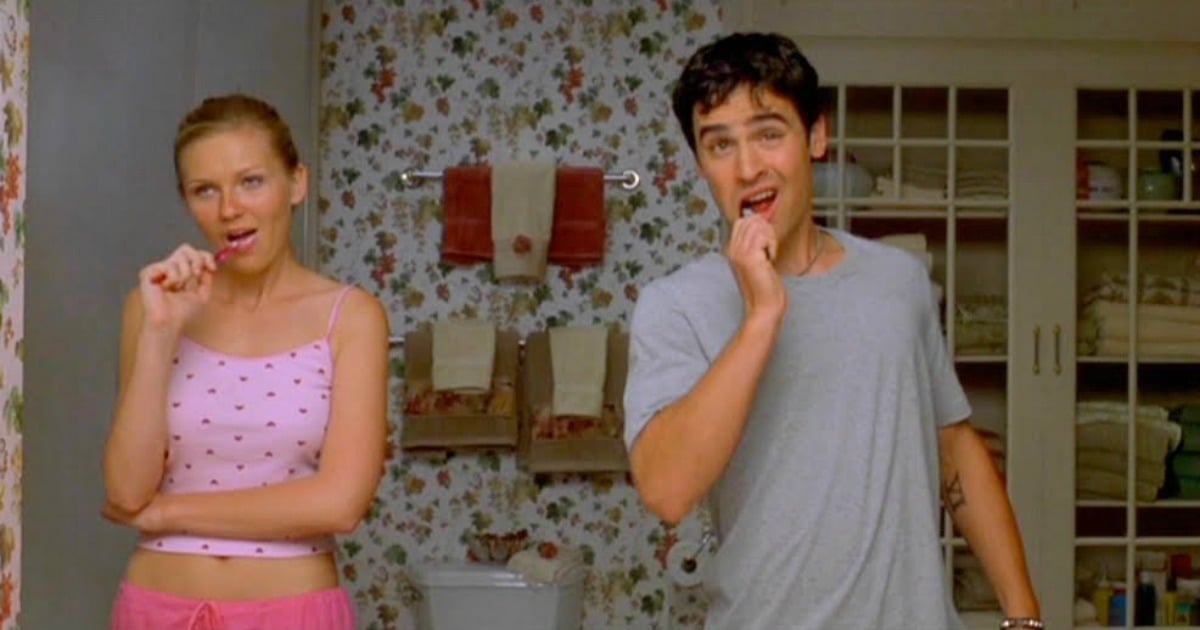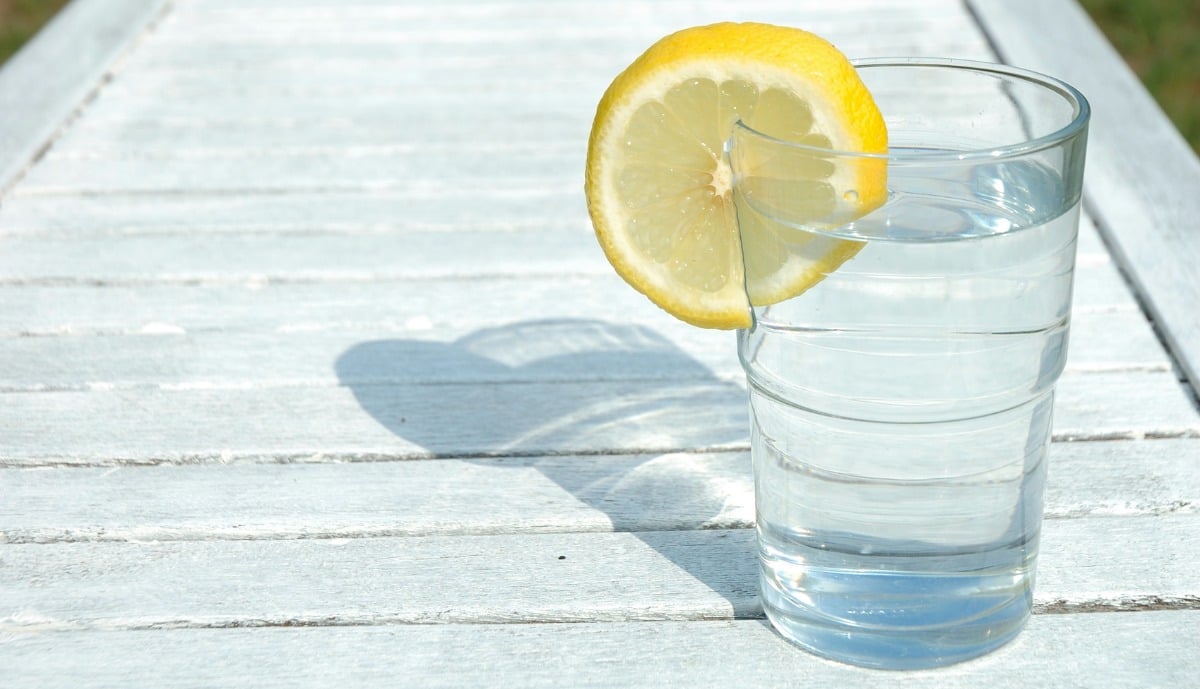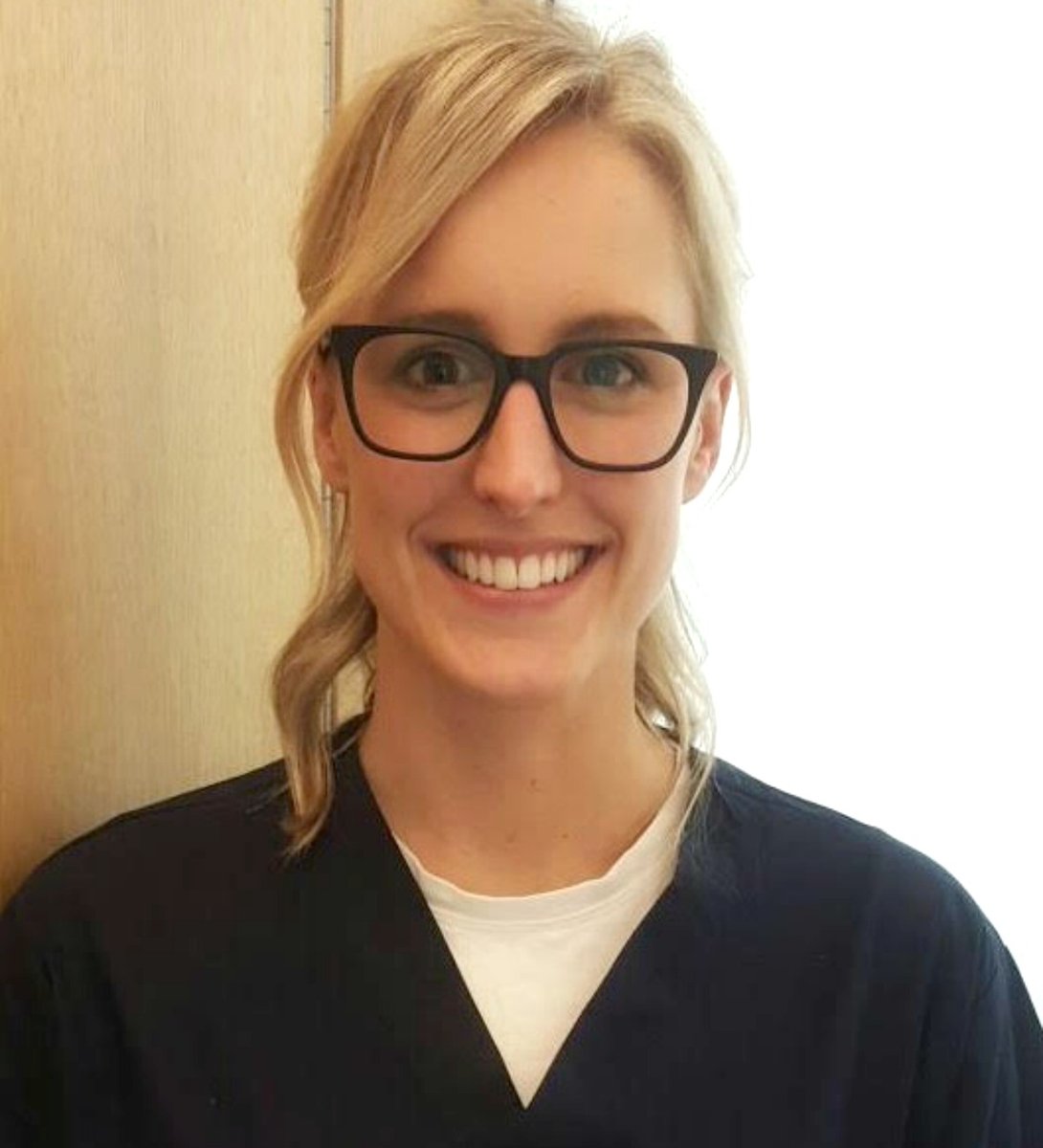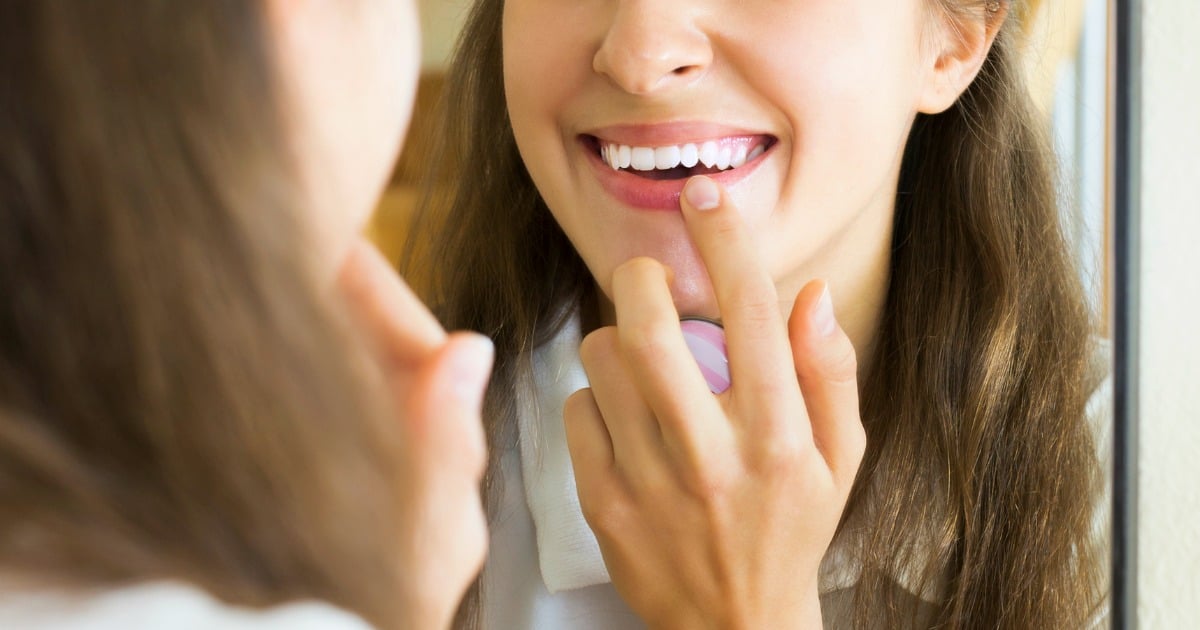
Whether it’s stumbling into bed without brushing, or going months (ahem, years) between dentist appointments, we all have some naughty habits that aren’t so great for our teeth.
Unlike sharks, humans don’t have countless rows of teeth to rely on, so it’s wise to look after the ones we have.
To help you out, we asked Sydney-based dentist Dr Jenna Cutting to get honest about the things dental experts wish we’d stop doing to our mouths.
1. Rinsing your mouth straight after brushing your teeth.
Hands up if you were told to always swish some water around your mouth after brushing? You wouldn’t be the only one, but it’s actually not great for your teeth.
“It’s best to spit the excess toothpaste out and leave a little on the teeth without rinsing. That way, the fluoride in the toothpaste will be able to stay on the teeth and help to mineralise and strengthen the enamel,” Dr Cutting explains.
“It can even reverse very tiny cavities, called incipient lesions, on the teeth.”







Top Comments
don't agree when Dr Cutting states that dentists don't judge you. The number one reason I hate going to the dentist is I feel like I'm on the receiving end of a lecture. Every time I go, its not about relieving pain or restoring oral health, its more about a dentist feeling superior to me and giving me a good old lecture. I'd go to the dentist more often if they would just shut up and stop making me feel bad because I don't obsess of my teeth every second of the day
Find a new dentist - they're not all like this!
Maybe they're just trying to give you advice to improve your teeth for your benefit.